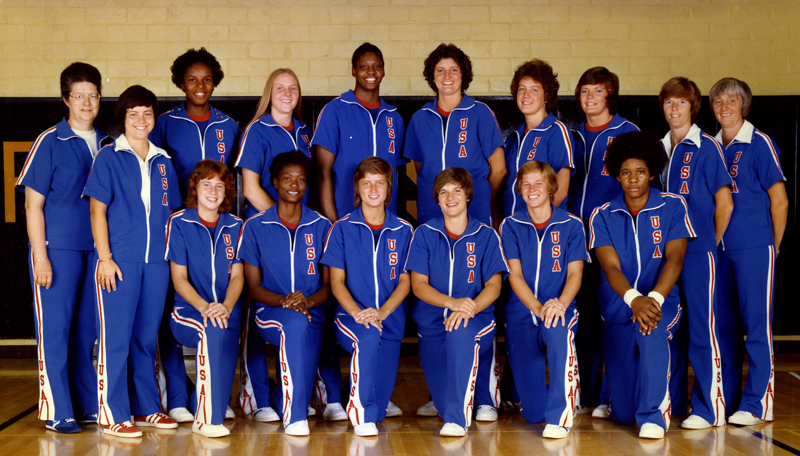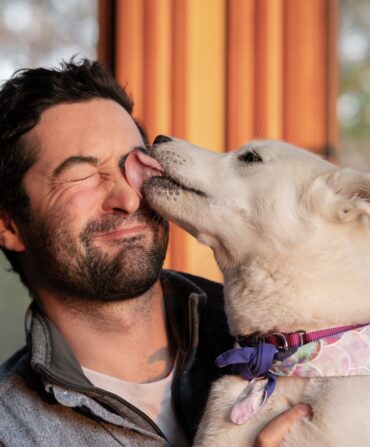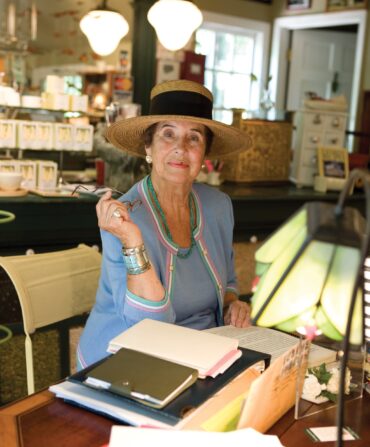
The Nashville-based, New York Times–bestselling author Andrew Maraniss is always on the lookout for inspiring sports stories, ones that spark conversations and share a larger message. His first book, 2015’s Strong Inside, earned two prestigious honors in the realm of social justice, a Lillian Smith Book Award and a “Special Recognition” prize from the RFK Book Awards. As 2022 marks the fiftieth anniversary of the passage of Title IX, the seminal law that broadened women’s athletic opportunities, Maraniss decided it was the perfect time to highlight women athletes—and one team in particular that paved the way at the highest level of sport.
In his newly released book, Inaugural Ballers, Maraniss tells the inspirational stories of the teammates and coaches that made up the first U.S. women’s Olympic basketball team in 1976. We chatted with the author about the inspiration behind the book, the players’ Southern connections, and why sports can be a springboard for important conversations.
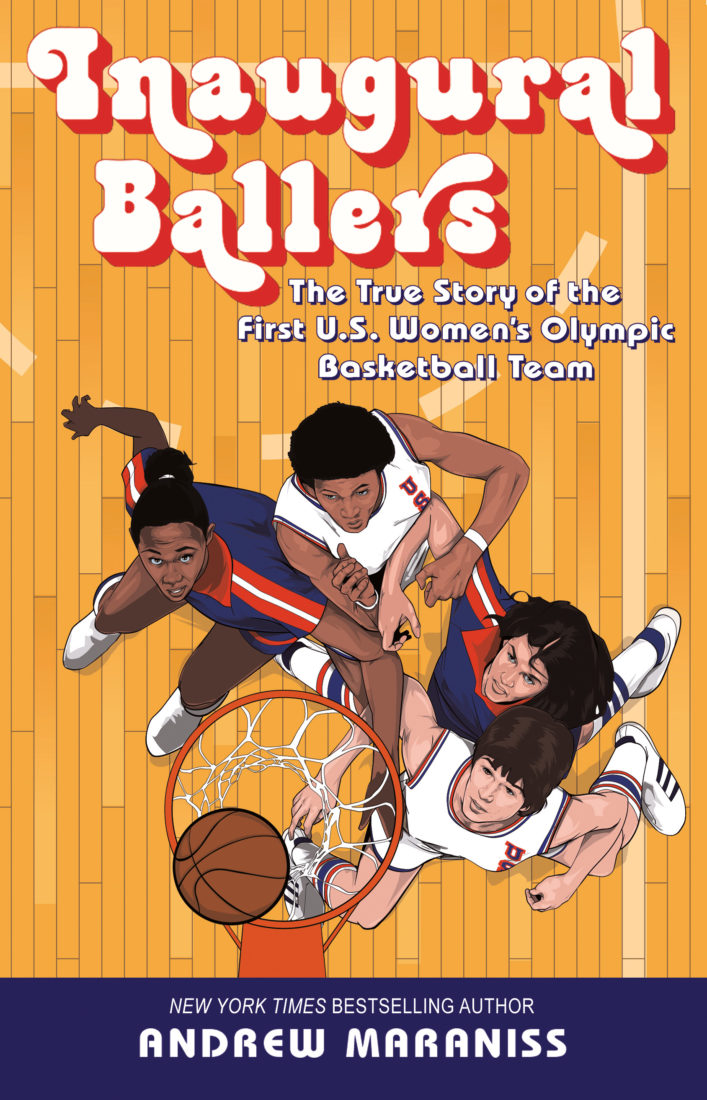
What gave you the idea for your book?
My first book, Strong Inside, is about Perry Wallace, the first Black basketball player in the SEC. When I was on the road talking about this book, I remember being at a middle school, and students asked about the first women’s basketball team. It caught my attention that students were interested in that. When I looked into it and realized the team played in 1976, which is the first Olympics I remember myself as a kid, and that I could tell this story of these pioneering basketball players and the context of the women’s rights movement of the 1970s, that is what made it a story I felt would be interesting.
Title IX was passed fifty years ago. Did that anniversary prompt you to write the book when you did?
Absolutely. I anticipated there would be a lot of interest in women’s athletics—people talking about gains that have been made over the last fifty years and issues still to overcome. This team played four years after Title IX was signed, but really the law was just beginning to be implemented at the time of these Olympics. They really represented generations that had few opportunities. That is what I thought was so cool about how good these women became—to win a silver medal at the Olympics, for many to be inducted into the basketball Hall of Fame. It’s really remarkable what they were able to accomplish.
What Southerners might we recognize in the book?
There was a strong Southern connection on this team. Probably the person who went on to become the most famous was Pat Head Summitt [the former longtime coach of the University of Tennessee women’s basketball team]. She had grown up playing in the hayloft in the barn at her family farm. Lusia Harris was from the Mississippi Delta and was the first Black player at Delta State University. She led that team to two national championships and was the best player on the ’76 Olympic team.
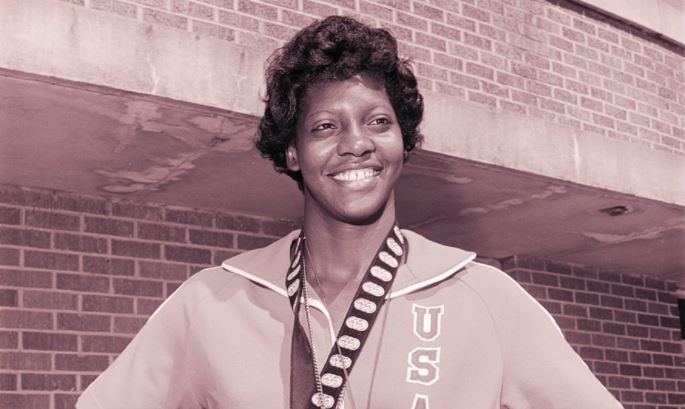
How can this book, and other stories on sports history, encourage discussions about race, gender, and social equality?
Sports are accessible to people. Seeing a book with a basketball or baseball player on the cover does not appear to be an intimidating read. But once you pick up one of my books, you realize it is about basketball—but also about feminism, the women’s rights movement, racism, homophobia. Sports are a platform to tell these stories.
Have you heard from any of the subjects of the book?
I heard from the coach [Billie Moore], who said she didn’t have the words to say how much it meant to her. It is really gratifying in a way but also kind of poignant—almost fifty years after the Olympics, these women are finally getting their due. I wish they had this experience to be recognized and celebrated and had their stories told many years earlier, but I feel fortunate to be able to tell their story now.


